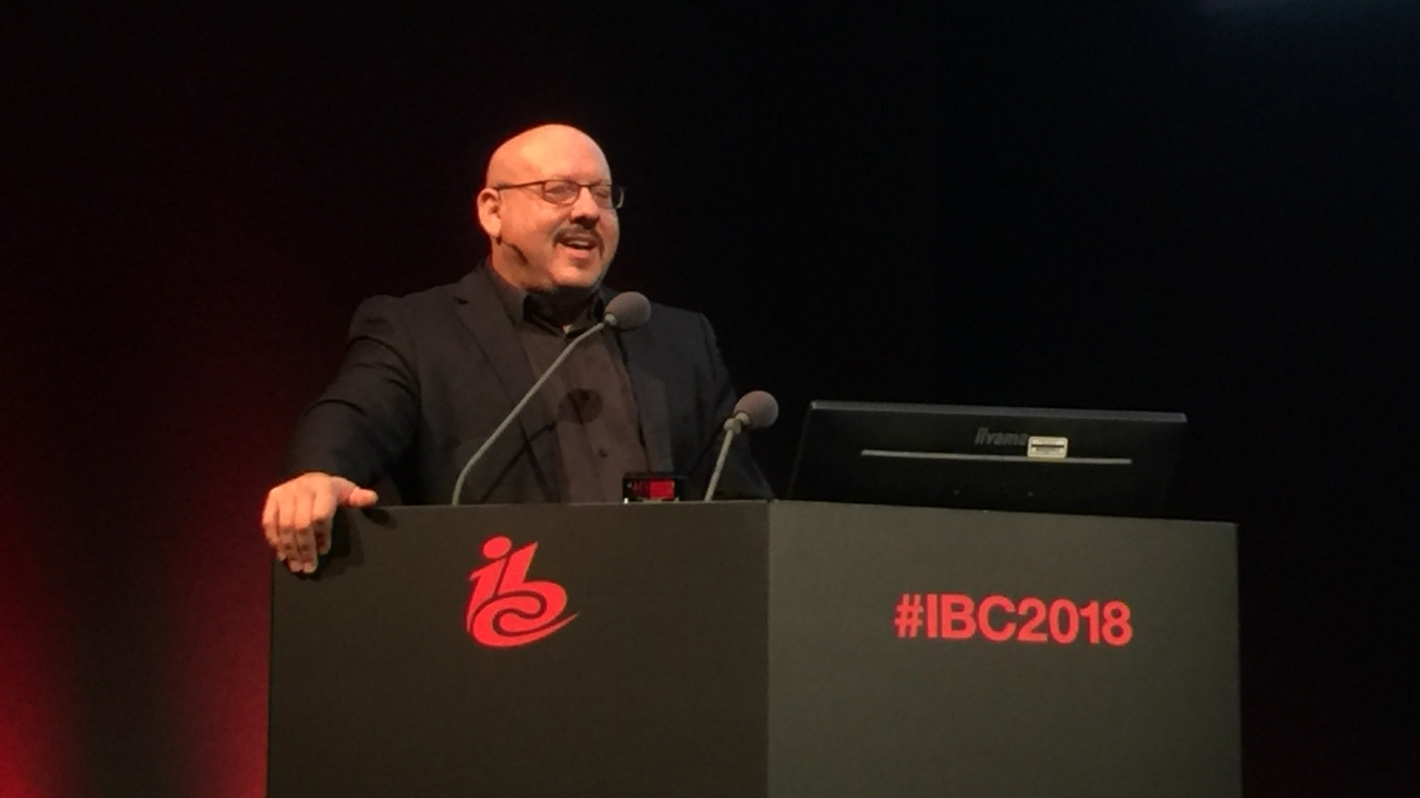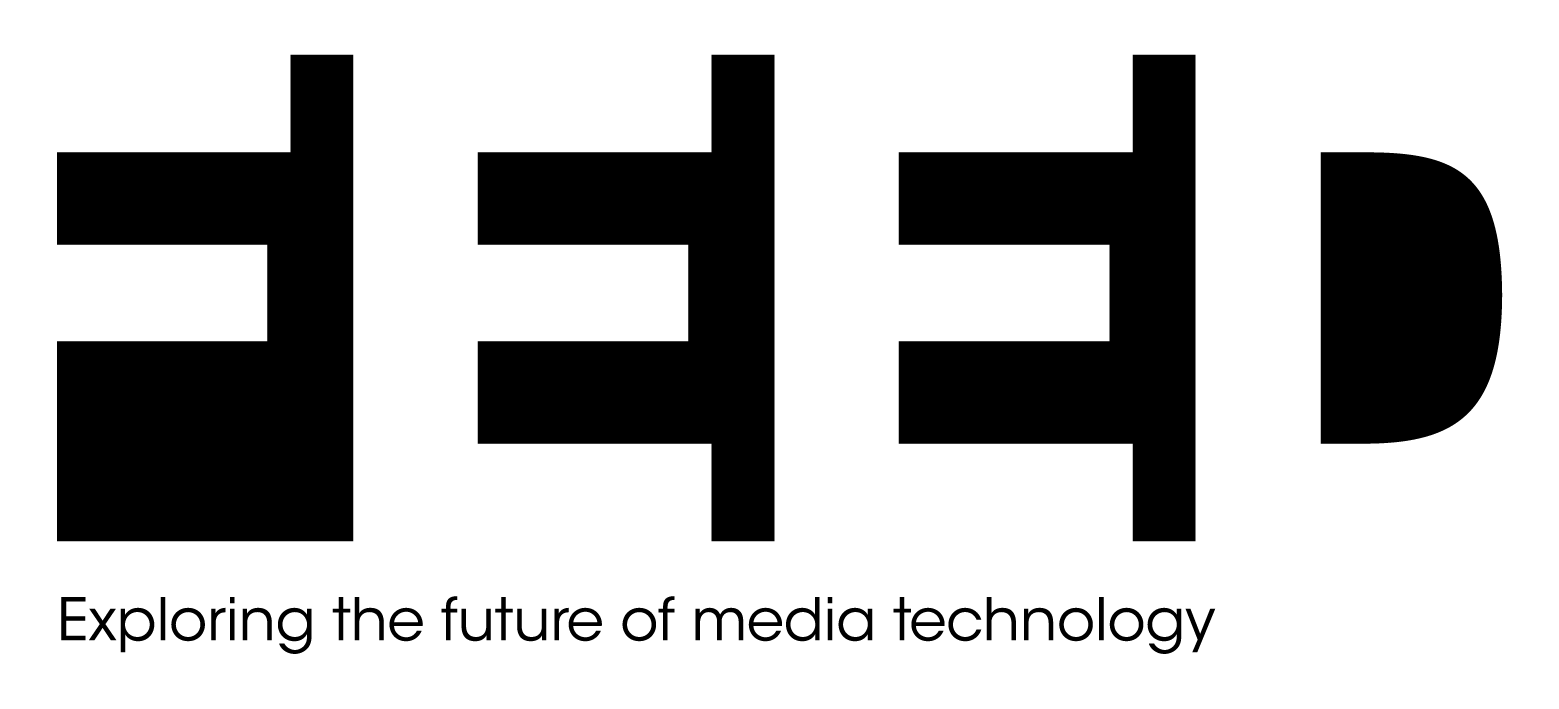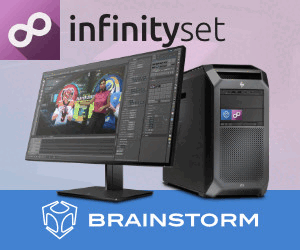Start-up: AlphaNetworks, USA, 2017

Seth Shapiro knows about disruption, the University of Southern California’s adjunct professor at the School of Cinematic Arts (one of his many roles) has even written a book about its impact on the television industry.
“I moved to Hollywood in 1994 and I’ve ridden it all the way,” he says of his career to date, which has included running a games division at Disney as well as launching TiVo and NDS’ DVR into the US market while head of production at DirecTV.
So when the talk turned to the subject of blockchain, which saw him host a talk at two IBC conference sessions this year, he was well-versed in demonstrating how the technology can help the entertainment business.
“Many creators and Hollywood studios with content on the major streaming networks don’t receive adequate data; advertisers are concerned about ads fraud and inefficiency, piracy is rabid. These are some of the problems that can be solved by well-deployed distributed ledger technology in the next decade,” he claims.
Shapiro’s own offering, AlphaNetworks, is a blockchain-enabled industrial-grade OTT platform connected to AI that offers a combination of subscription VoD, targeted advertising and PPV business models in one decentralised platform.
While the company is still finalising important details such as which blockchain technology supplier it is going to run with and which cloud video partners it is going to use, Shapiro says that it will offer “a high transaction per second blockchain” that will be customised for the start-up’s proposition.
Although still scarce on details, a couple of things stand out about AlphaNetworks that may make it appealing for broadcasters.
A lot of blockchain start-ups have never been in the media business…If you haven’t dealt with rights management and licensing and all the issues around different shows on different devices, then stay out
The first is the firm’s proof of engagement algorithm, which records every view of every video on the blockchain and determines and executes a direct payout to content providers.
“Broadcasters, streamers and certainly advertisers need such data for traceability, authentication and verifying ad views,” Shapiro argues. All the data gathered is anonymised, he adds, but builds up valuable demographic and consumption data.
A lot of blockchain start-ups have never been in the media business before, but if you haven’t dealt with rights management and licensing and all the issues around different shows on different devices then stay out
And in the people-orientated entertainment business the second thing this company has is names – plenty of known backers with a track record in disruption that matches Shapiro’s.
These include AlphaNetworks head of content production Frank Schema, co-founder of Radical Media, a New York-based production company active in everything from film, TV, commercials and music videos to post-production, app development and the staging of live branded experiences. Other advisors include former Warner Brothers exec John Maatta, who launched the CW Network, and David Moss, a blockchain cryptocurrencies and analytics entrepreneur.
“We’re looking for people who understand the business practices of entertainment and understand digital and technology,” Shapiro says.
“A lot of blockchain start-ups have never been in the media business before, but if you haven’t dealt with rights management and licensing and all the issues around different shows on different devices then stay out – the learning curve is too steep,” he warns.
The company has raised $10 million to date, with most of the investment coming from Asian territories possessing a wealthy, technology savvy middle class – such as Singapore, South Korea and Japan. Shapiro describes his client strategy as “starting small” on a non-exclusive basis with content owners and broadcasters who are prepared to trial with small catalogues of material.
“We will start small with pilots. You are never going to throw your entire catalogue onto a new ecosystem with a new economy and go ‘oh, let’s see what happens’, but small bounded trials are a good place to start.”










